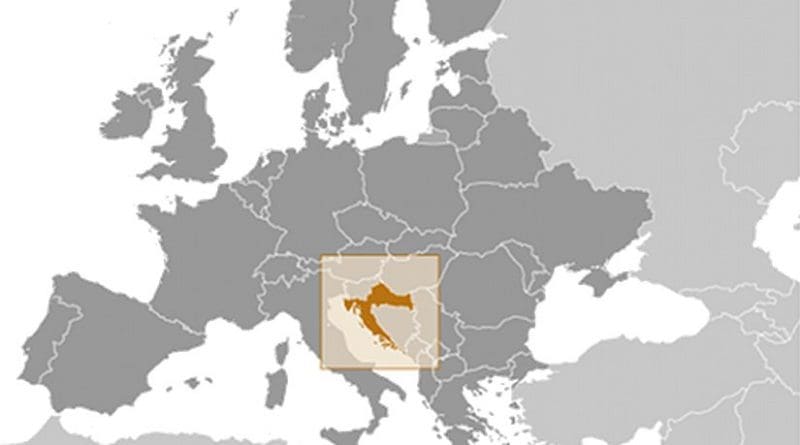Croatia: Appoints New Crisis Manager At Troubled Agrokor
By Relja Dusek
Croatian finance expert Fabris Perusko was appointed as the state’s new ‘extraordinary manager’ for debt-ridden food giant Agrokor after the previous crisis chief quit over alleged conflict of interest.
The Croatian government announced on Tuesday that it has appointed Perusko to head Agrokor with Irena Weber as his deputy, after the huge company’s previous extraordianary manager, Ante Ramljak, stepped down.
Ramljak quit on February 21 over claims about conflicts of interest. He resigned after media revealed a lucrative deal business between Agrokor and Ramljak’s former company Texto Management.
“Unfortunately, the uncertainty that was created in connection with my stay in the position of an extraordinary commissioner is strongly against this process,” Ramljak said when he quit.
Texto had been hired as consultants for the restructuring of Agrokor and rewarded with fees of around 130,000 euros a month.
The state-appointed crisis manager must stabilise the company to prevent its bankruptcy from undermining the financial stability of the country.
Agrokor’s severe debt problems were revealed in 2017. With revenues of 6.5 billion euros in 2015, equal to almost 16 per cent of Croatia’s total GDP, it is the biggest private company in Croatia with a huge role in the country’s economy.
The state reacted to the crisis by passing a special new law which sllowed the government to appoint an extraordinary manager for the company.
The new ‘extraordinary manager’ Perusko, as well as his deputy Weber, are closely connected to Agrokor.
In May 2017, Perusko was appointed as the chief financial officer at Tisak, an Agrokor Group member and Croatia’s leading distributor of print and tobacco products.
Weber was already involved in Agrokor’s restructuring. From June 2017, she was worked for Ramljak as an executive director for non-core asset management at the company.

